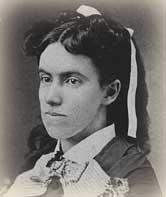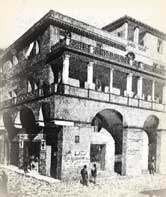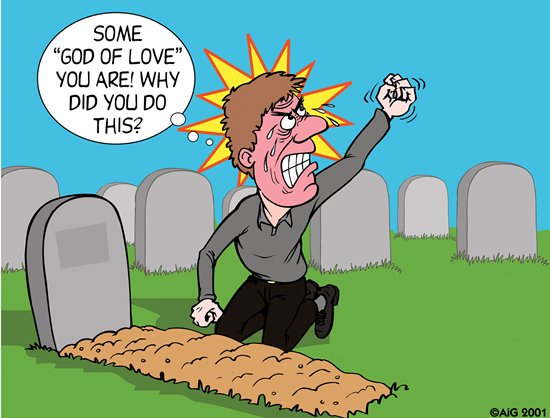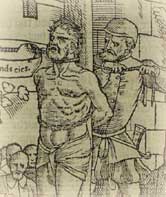The important thing here is apologetics alone, like intellect alone, without the Holy Spirit, accomplishes nothing. But theology, apologetics, the wisdom of God along with the empowering of His Holy Spirit changes lives every day....
Apologetics (giving a rational defense of one's beliefs) is an intellectual endeavor, but the consequences can be quite practical. Since people often
act on their beliefs (e.g., helping those in need because we believe that it's the right thing to do), defending true beliefs and refuting false beliefs will occasionally be a matter of life and death.
Take
Oklahoma beheader Alton Nolen (who now goes by the name "Jah'Keem Yisrael") as an example.
According to Nolen's Facebook page (before it was taken down), he was raised in a Christian home:
However, as evidenced by his complete ignorance of basic Christian doctrine, he was given absolutely no intellectual foundation. When he was eventually presented with a variety of objections to Christianity in prison, he converted to Islam.
Let's look at a few of Nolen's posts to see what would have happened if he had encountered a Christian apologist.
How difficult are these objections? Watch how easy this is:
(1) Christians worship Jesus because (a) he is God; (b) he said that we must honor him just as we honor the Father (John 5:22-23), and one of the ways we honor the Father is through worship; and (c) he accepted worship from his disciples. (
Click here to watch "Jesus Accepts Worship.")
(2) Christians pray in Jesus' name because he said, "Whatever you ask
in my name, that will I do, so that the Father may be glorified in the Son" (John 14:13). (Notice that Jesus tells his followers that he can answer their prayers.)
(3) Jesus is the Creator:
John 1:3—All things came into being through Him [Jesus], and apart from Him nothing came into being that has come into being.
Colossians 1:16—For by Him [Jesus] all things were created, both in the heavens and on earth, visible and invisible, whether thrones or dominions or rulers or authorities—all things have been created through Him and for Him.
(4) Jesus is the Forgiver:
Mark 2:5-12—When Jesus saw their faith, he said to the paralyzed man, "Son, your sins are forgiven." Now some teachers of the law were sitting there, thinking to themselves, "Why does this fellow talk like that? He's blaspheming! Who can forgive sins but God alone?" Immediately Jesus knew in his spirit that this was what they were thinking in their hearts, and he said to them, "Why are you thinking these things? Which is easier: to say to this paralyzed man, 'Your sins are forgiven,' or to say, 'Get up, take your mat and walk'? But I want you to know that the Son of Man has authority on earth to forgive sins." So he said to the man, "I tell you, get up, take your mat and go home." He got up, took his mat and walked out in full view of them all. This amazed everyone and they praised God, saying, "We have never seen anything like this!"
Read the rest of this article at -
http://www.answeringmuslims.com/2014/10/apologetics-saves-lives-literally.html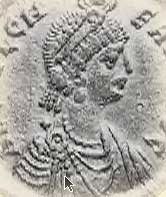


 Past: A model of Jerusalem and the Temple, located in the Israel
Museum, shows what the city looked like during the time of
Christ.
Past: A model of Jerusalem and the Temple, located in the Israel
Museum, shows what the city looked like during the time of
Christ.

